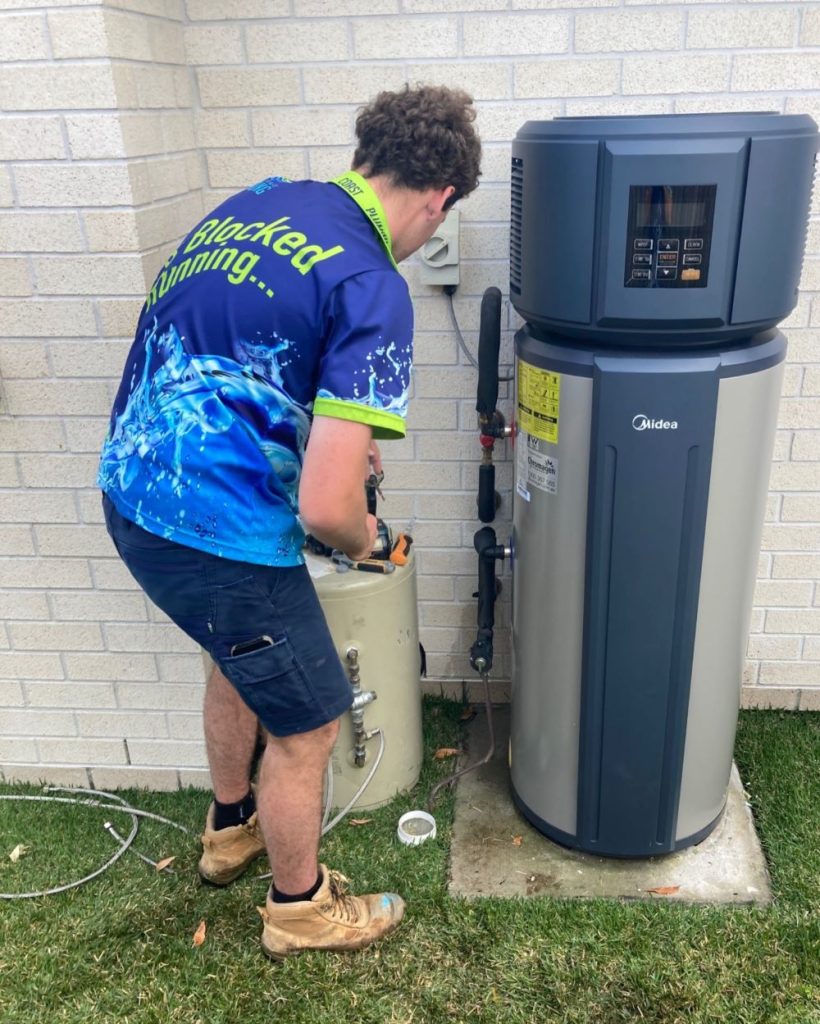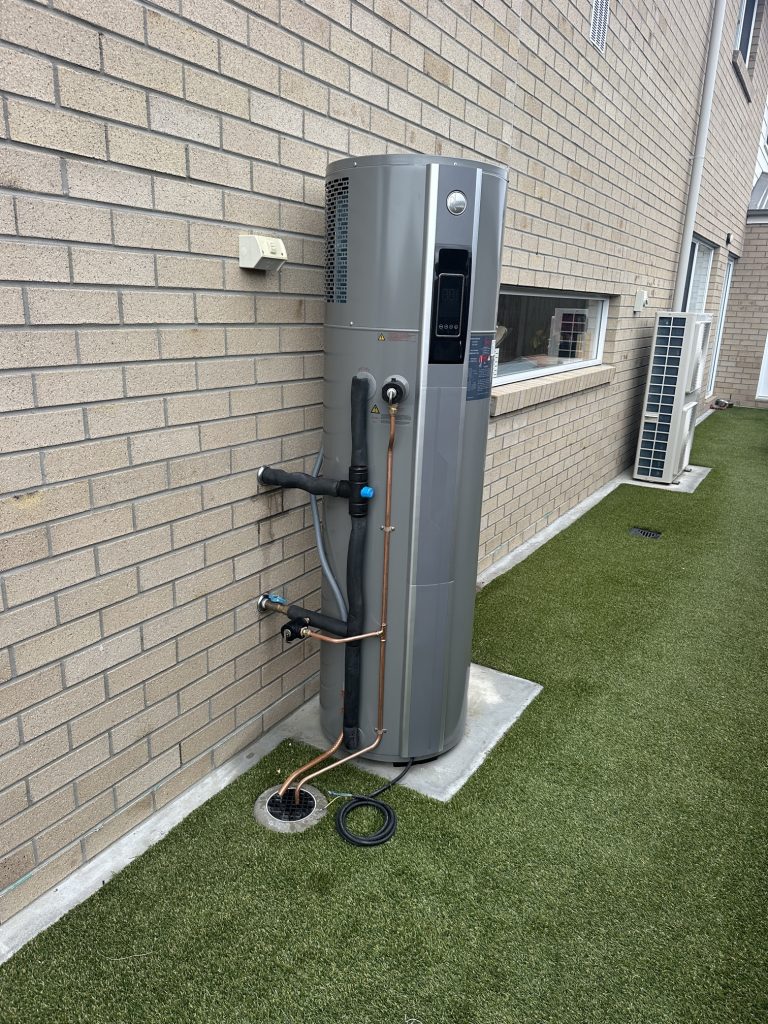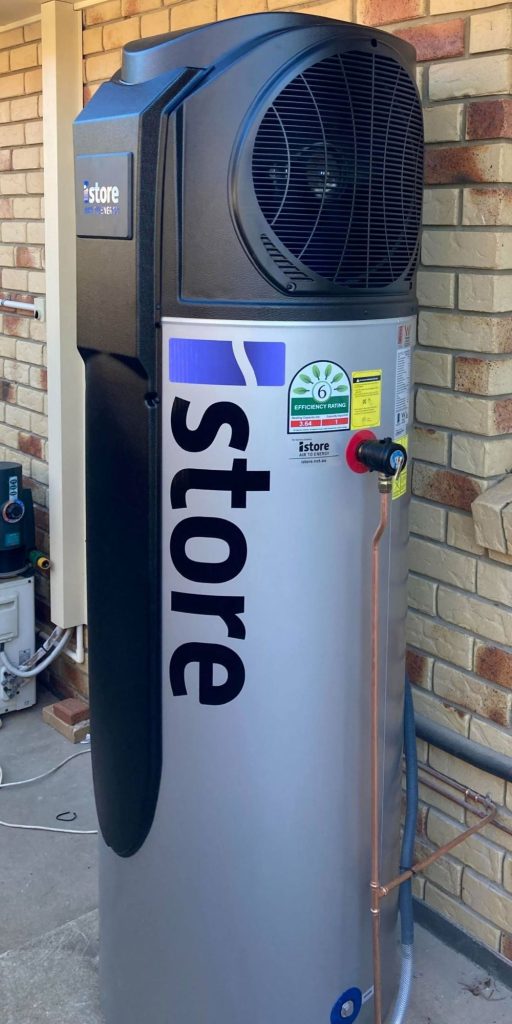Overcoming the Unique Challenges of Selecting Hot Water Systems in Queensland's Climate
When it comes to selecting the ideal <a href="https://limitsofstrategy.com/booster-for-solar-hot-water-systems-is-it-needed/">hot water system</a> for your home in Queensland, the decision extends far beyond simply choosing a brand or assessing the volume of water storage. It requires a thorough understanding of various factors that play a pivotal role in the system's performance. These factors include the local climate, humidity levels, electricity tariffs, and the specific hot water consumption patterns of your household. With escalating energy costs, numerous households are now opting for heat pumps due to their enhanced energy efficiency and sustainable operation. However, it is essential to recognise that these systems may not be the best fit for every property type. Therefore, conducting a detailed evaluation of all relevant elements is imperative to ensure you achieve optimal performance and longevity from your hot water solution.
This article seeks to delve deeply into the functionality of heat pumps under Queensland’s varied climatic conditions, pinpoint which types of homes stand to gain the most from these innovative systems, and address prevalent misunderstandings that could potentially lead to subpar performance or misguided system choices.

Enhancing the Efficiency of Heat Pumps in Coastal Queensland Conditions
Heat pump water heaters function by extracting thermal energy from the surrounding ambient air. Their operational efficiency significantly increases with higher air temperatures. In the coastal regions of Queensland, particularly in sought-after areas like the Sunshine Coast, Brisbane, and the Fraser Coast, average air temperatures generally remain above 5°C, even during the winter months. This consistent warmth enables heat pumps to operate effectively throughout the year without requiring electric boosting or supplementary heating elements, which are often necessary in cooler climates. By harnessing this natural energy, homeowners can not only enjoy substantially lower energy bills but also contribute to a reduced carbon footprint, aligning with sustainable living practices.
Crucial Environmental Factors That Enhance Heat Pump Efficiency
| Factor | Impact on Heat Pump Functionality | Coastal QLD Efficiency |
|---|---|---|
| Average ambient temperature | Higher = more efficient operation | ✓ Consistently maintained above 5°C |
| Humidity levels | Moderate improvements | ✓ Generally high and stable |
| Access to off-peak electricity | Lower operational costs | ✓ Widely available in most regions |
| Roof shading | Not a significant factor | ✓ No detrimental impact on system |
| Direct sunlight exposure | Not a necessity | ✓ Functions well in shaded conditions |
Identifying Scenarios Where Heat Pumps May Not Operate at Peak Efficiency
Although heat pumps offer numerous advantages, certain scenarios in Queensland may hinder their performance, preventing them from meeting expectations:
- Inland or elevated areas
In regions such as Toowoomba or the Hinterland, nighttime temperatures can drop significantly during the winter months. In these cases, specific models of heat pumps may struggle to sustain optimal efficiency without the support of a booster element, which can lead to increased energy consumption and higher costs. - Confined or poorly ventilated outdoor locations
Heat pumps require adequate airflow around their compressor units to function properly. In restricted or enclosed spaces, the efficiency of heat extraction can diminish, while operational noise may increase, which could disrupt the comfort of nearby residents. - Large families with high hot water demands
In homes with more than six residents, systems designed for greater water storage capacity or quicker recovery times, such as solar-boosted gas systems, may prove to be more effective in satisfying substantial hot water needs.
Dispelling Common Myths About Heat Pumps in Queensland
“They become ineffective during winter.”
This notion may be relevant to colder southern regions; however, it does not hold true for Queensland. In areas where average temperatures consistently exceed 5°C, heat pumps retain their efficiency throughout winter, effectively providing reliable hot water solutions even during the cooler months.
“Solar panels are necessary for heat pumps to work.”
This claim is misleading. Heat pumps can function independently of solar photovoltaic (PV) systems, although integrating them with solar energy can further enhance your energy savings and sustainability efforts.
“Heat pumps are excessively noisy and disruptive.”
Modern heat pump systems are designed to operate much quieter than older models. When installed correctly in well-ventilated locations, the noise produced by the compressor unit is typically minimal, ensuring a comfortable living environment.
Effective Strategies for Optimising Heat Pump Installation and Performance in Queensland
- Select a heat pump system designed specifically for Australian conditions
Opt for models that feature high-efficiency ratings and dependable local support, such as istore or Stiebel Eltron, which are recognised for their exceptional performance in the Australian climate. - Install in a well-ventilated yet shaded location
While heat pumps do not require direct sunlight, they do necessitate adequate airflow around the unit to operate efficiently and effectively. - Utilise timers or smart controls
By programming the system to run during periods of solar power generation or off-peak electricity hours, you can significantly boost energy savings and minimise costs. - Ensure your system is appropriately sized
A capacity of 250–300 litres is generally sufficient for the needs of most families. An undersized system may lead to performance issues and an overreliance on boosting mechanisms, resulting in increased energy consumption.
The Essential Role of Local Expertise in Successful Heat Pump Installation
The installation of a heat pump demands a tailored approach to achieve the best possible results. Optimal outcomes are realised through collaboration with a local plumber who possesses expertise in:
- Performance tailored to local climate conditions, ensuring peak efficiency
- Eligibility for rebates such as Small-scale Technology Certificates (STCs) and various Queensland government incentives aimed at promoting energy efficiency
- Optimal placement and ventilation strategies for the unit to enhance overall performance
- Integration with solar PV systems or battery storage solutions, if applicable, to maximise energy efficiency
At Creek to Coast Plumbing, we specialize in delivering and installing high-performance hot water systems, including heat pumps, across the Sunshine Coast and Moreton Bay regions. Our dedicated team is here to assist you in determining which type of hot water service will best meet your needs. As the demand for energy-efficient hot water solutions continues to grow, many individuals are weighing the benefits of solar options against heat pumps. We will evaluate the specific conditions of your home, recommend the most suitable system, and ensure you are equipped for maximum efficiency.
Discover more about our Heat Pump Hot Water Installations or contact us for a personalised recommendation tailored to your specific requirements.
The Article: Heat Pumps in Queensland: Effective Solutions and Pitfalls first appeared on https://writebuff.com
The Article Heat Pumps in Queensland: Benefits and Challenges Explained Was Found On https://limitsofstrategy.com



